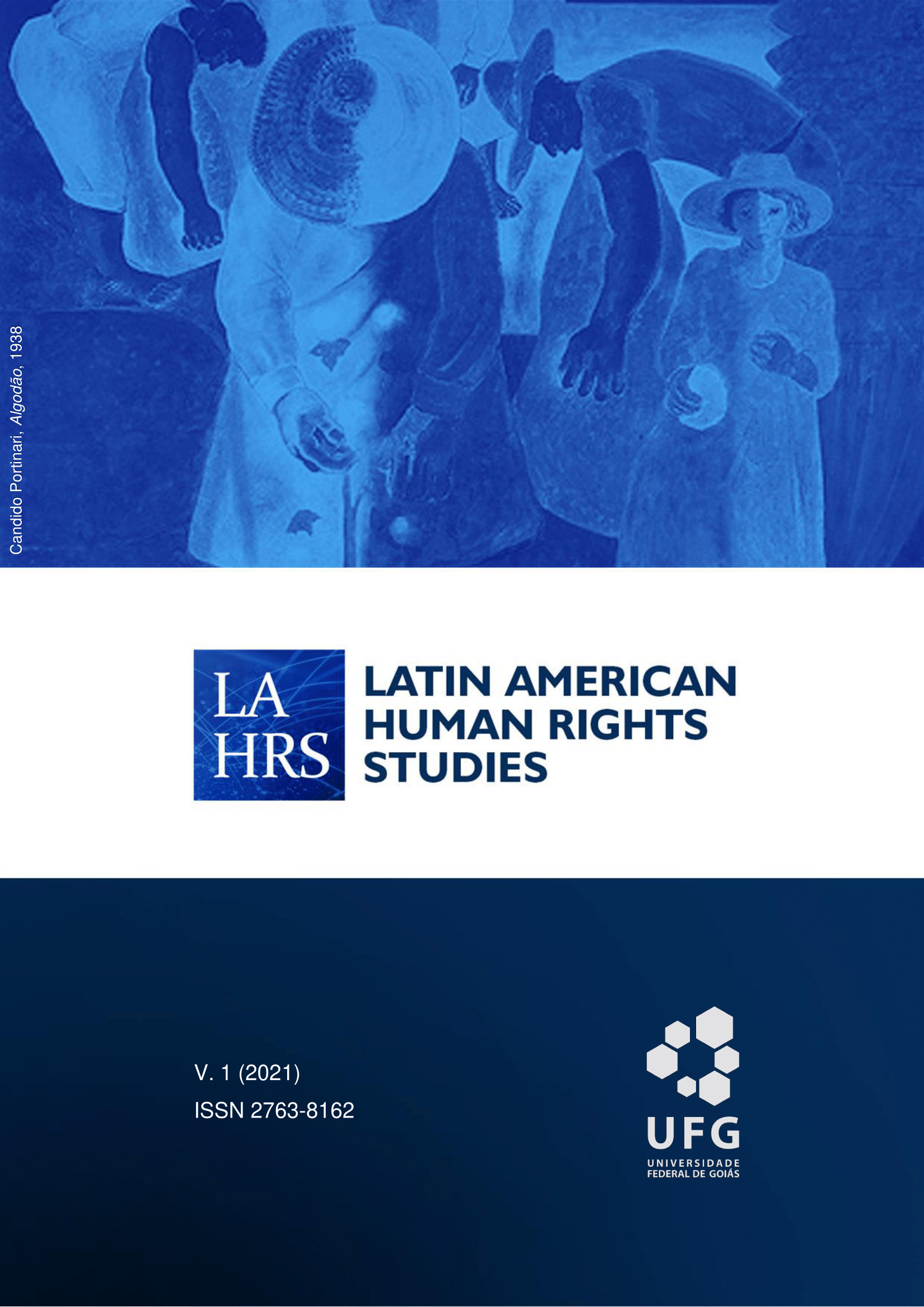A Right to Leave but No Right to Enter Elsewhere? Uncovering the Finisterrae in the Migration Regime in Human Rights
Parole chiave:
Human Rights, Migration policy, Asylum law, Right to leave, Right of abode, Asymmetry, Rights, BordersAbstract
Hassan Al Kontar appeared in major headlines in 2018. He had left his country of origin, Syria, and refused to return when the Syrian Civil War broke out. He had emigrated a few years earlier to the United Arab Emirates, where he worked as an insurance marketing agent. His work permit expired after the start of the conflict in Syria. So did his passport. Hassan remained in the Emirates illegally, out of fear of being drafted by the army upon his return to Syria. He was then arrested and sent to Malaysia where he was given a three-month tourist visa, but impeded from leaving the airport. Hassan ended up in a legal limbo. In a world like ours, where states jurisdictions exhaust the surface of the earth and determine the relationship between the state and its legal subjects, and yet one that pledges to protect the human rights of everyone, including non-nationals, how can these legal limbos in the international human rights regime be allowed? Some think there is a paradox at play here in that international human rights law gives a person a right to leave the state where (s)he is physically present, regardless of nationality, but no matching right to enter elsewhere. Others deny this to be the case. This article is not an attempt to add yet another voice pro et contra the wrongfulness of the alleged state of affairs in international law. Rather it seeks to clarify the disagreement by offering a systematic problem-setting. We show what the matter under dispute consists in and which theoretical commitments are necessary to commit to in either side of this debate. We do this in three steps. First, we offer an ecumenical description of the matter under normative dispute. Second, we show that the matter under dispute is unclear concerning the ratio materiae of the action-class regulated by the norms in question. Third, we draw the consequences of this circumstance for the conditions of truth of the opposing positions. It seems that the disagreement is rooted in the very description of the action-class that the norm purports to regulate: in a nutshell, while one side thinks that the action is a movement of one and the same body in space across the territorial jurisdictional lines of two state actors, the other side to the debate thinks that we are dealing with two actions, separate and separable institutional facts that refer to the individual’s position vis-à-vis a state.
Downloads
Pubblicato
Fascicolo
Sezione
Licenza
Copyright (c) 2021 Latin American Journal of Human Rights

TQuesto lavoro è fornito con la licenza Creative Commons Attribuzione 4.0 Internazionale.
CC BY (Attribution 4.0 International): This license allows reusers to distribute, adapt, and build upon the material in any medium or format, so long as attribution is given to the creator. The license allows for commercial use. See the full license.


